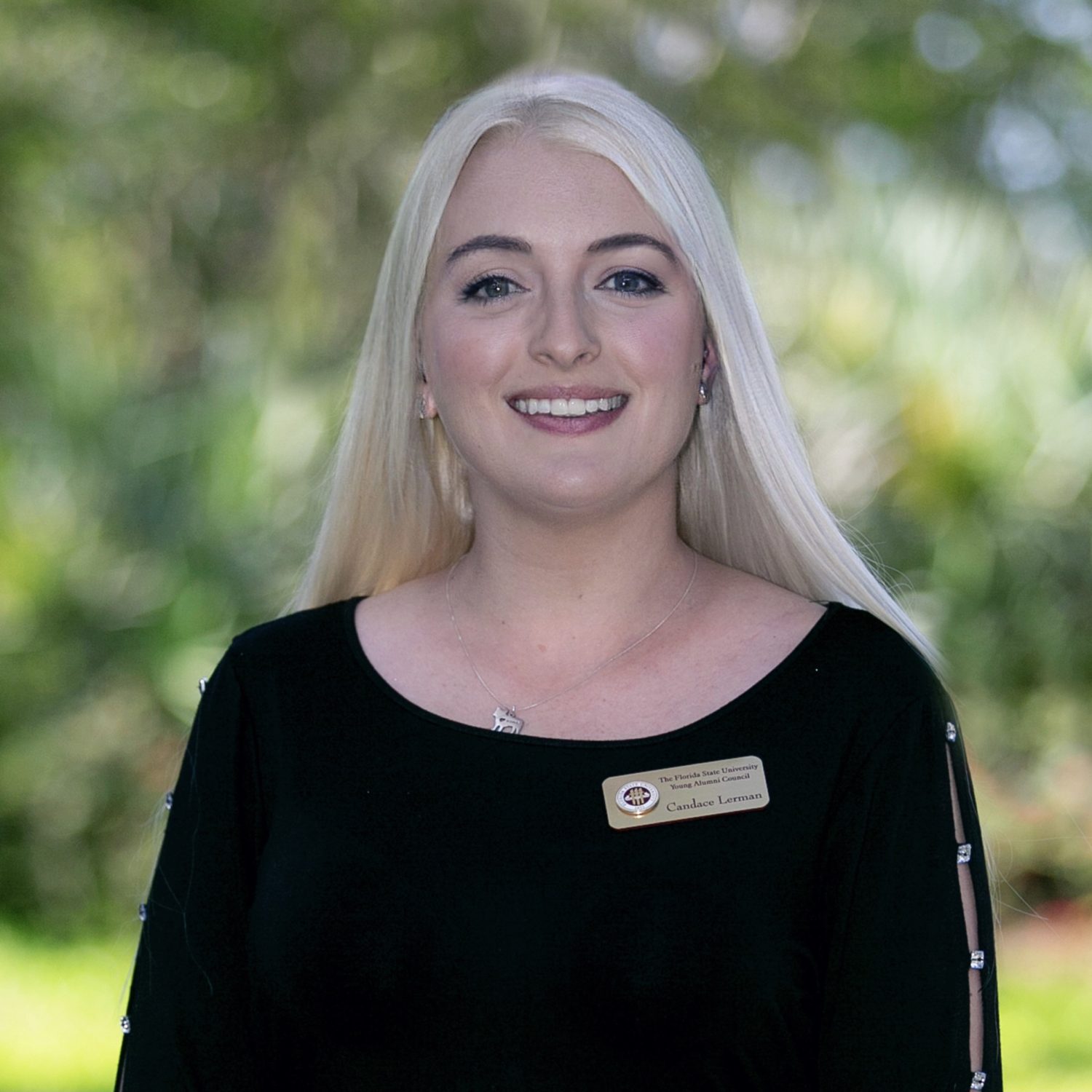There are a lot of topics that aren’t covered when it comes to rare diseases. One of which is relationships. Exactly what happens when one person becomes sick? Is the relationship complicated based on time spent together? Martial status? Which person gets sick? There are so many dynamics, it is impossible to discuss every possibility. I can only speak from experience on this. Bottom line, it is the most extreme challenge that any couple can face.
My boyfriend and I had been together 2 1/2 years when I got sick. I remember texting him the day my doctor called and told me to go straight to the hospital. I was freaked out, he was trying to keep me calm. Once I got in the hospital and started researching ITP, I wanted everything to just go back to normal. I told him to go to his friend’s wedding, I tried to remain upbeat, but inside I was panicking. I had no idea what was going to happen. As the months ticked by, my boyfriend ended up being a source of strength I desperately needed. He was the one person who could make me feel like the “old Candace” and didn’t treat me like a frail object.
Our relationship met challenges, like freak outs from my parents over their own created “limitations” for me (which held ZERO medical merit). We had been living together, but I had to move back in with my parents, which dissolved our independence. Then there were all of the side effects from the treatments, the fatigue, pain, insomnia. Every single thing impacted our lives in some way. It all boiled down to the elephant in the room: ITP. The only constant was that my boyfriend was always there, no matter what time of day or night.
Here is some advice on what you can do to work through the challenges:
1. Communicate– Keep an open dialogue. Talk with your partner and keep them in the loop. At this point there is no such thing as “over sharing” or TMI. I was really upfront about the nasty side effects from Rituxan, but it helped my boyfriend understand why I wasn’t so chipper when he came to visit.
2. Plan for the future– Don’t let the disease win. Even if it just planning dinner in a few days, set it up. Don’t let roadblocks stop you. Sometimes we had to reschedule things and that was okay. The point was we still did it, and the sense of accomplishment helped us.
3. Include friends– We still hung out with friends and talked to them. Don’t become hermits, don’t hide your challenges. A fresh perspective is needed. I really look forward to seeing my friends again soon once I recover from chemo. They too, treat me like a normal person.
4. Laugh– This is easily forgotten in the daily battles with your rare disease. Text that funny picture, tell a joke, watch that silly Youtube video. Don’t be afraid to lighten up. This is especially important for the rare disease patient. You can set the tone. Even when I felt like garbage I still tried to joke around because it made me feel better.
Feel free to leave me a comment with other suggestions. I always love hearing from my readers!


